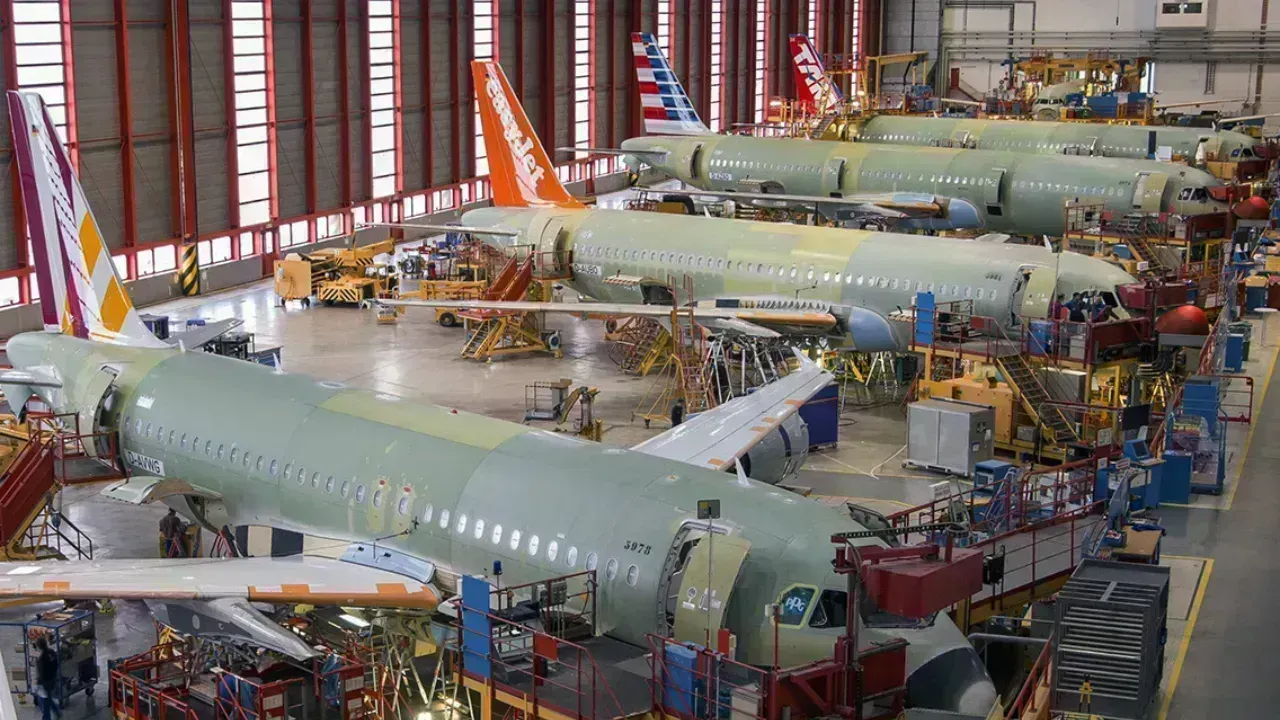
Post by : Meena Rani
The aerospace industry is witnessing an unprecedented surge in demand for single-aisle aircraft, particularly the Airbus A320 family. With the A321XLR variant driving new long-range capabilities, Airbus is now implementing one of the most ambitious production ramp-ups in its history. Achieving a rate of 75 aircraft per month requires meticulous planning, strategic supplier partnerships, and cutting-edge manufacturing innovations.
Airlines worldwide are seeking fuel-efficient, long-range narrow-body jets to meet growing passenger demand and expand international routes. The A321XLR offers extended range capabilities that rival smaller wide-body aircraft, creating a unique market advantage. This surge in demand places significant pressure on Airbus's production facilities and its entire supply chain network.
As of the latest figures, Airbus has amassed an A320 family backlog exceeding 8,000 orders, with the A321XLR accounting for a significant share. Meeting delivery commitments without compromising quality has become a central challenge for Airbus, requiring both operational and technological solutions to accelerate output while maintaining safety and reliability standards.
Tier-1 and Tier-2 suppliers face intensified pressure to deliver components on time. Engine manufacturers, avionics suppliers, and composite material producers are all critical nodes in this supply chain. Airbus has initiated close collaboration programs, including digital monitoring of production progress and predictive analytics to anticipate bottlenecks before they occur.
Airbus’s main final assembly lines in Toulouse, Hamburg, Mobile (Alabama), and Tianjin are all engaged in scaling up production. Each facility has undergone process optimization and workforce augmentation to handle increased output.
Robotics and automated guided vehicles (AGVs) play a central role in increasing production efficiency. Wing assembly, fuselage joining, and systems integration now rely heavily on automated systems that improve precision while reducing human error.
Airbus has integrated lean manufacturing principles to streamline workflow, reduce inventory costs, and shorten cycle times. Just-in-time delivery ensures that components arrive precisely when needed, minimizing storage requirements and mitigating supply chain disruptions.
Digital technologies are reshaping Airbus’s manufacturing strategy. Tools like digital twins, predictive maintenance, and AI-driven scheduling allow for real-time monitoring of production status and proactive problem-solving.
By creating a virtual replica of the aircraft and assembly environment, engineers can simulate processes, test assembly sequences, and identify potential issues before they impact the real production line.
Artificial intelligence algorithms optimize production schedules, balance workloads across multiple facilities, and predict potential delays in the supply chain. This predictive capability allows Airbus to react swiftly and maintain high production rates without sacrificing quality.
Increasing production rates requires a parallel increase in skilled labor. Airbus has implemented extensive recruitment drives and training programs to equip technicians, engineers, and assembly line workers with the expertise needed for high-volume production.
Modern assembly facilities emphasize collaborative work environments where engineers, technicians, and AI systems work together seamlessly. Knowledge-sharing platforms ensure that best practices are disseminated across all production lines and facilities.
Despite careful planning, ramping up to 75 jets per month presents several challenges, including supply chain bottlenecks, potential quality issues, and geopolitical risks. Airbus has implemented contingency planning and real-time monitoring systems to mitigate these risks.
Global disruptions, from material shortages to transportation delays, can affect production schedules. Airbus employs a multi-tiered supplier strategy to diversify risk and ensure redundancy in critical components.
Maintaining aircraft safety standards is paramount. Each step of production undergoes rigorous quality checks, supported by digital inspection tools and AI-assisted anomaly detection systems.
Airbus plans to continue optimizing production rates while expanding into new markets. Emerging technologies, sustainable manufacturing practices, and strategic partnerships will be key to sustaining high output and meeting the evolving demands of global airlines.
Alongside production ramp-up, Airbus is integrating sustainable practices, including lightweight materials, energy-efficient facilities, and low-emission logistics solutions to reduce its carbon footprint.
The lessons learned from scaling A320 production will inform future programs, including hydrogen-powered aircraft and other next-generation designs. Efficient manufacturing, combined with advanced technology, will define Airbus’s competitive edge in the coming decades.
By implementing cutting-edge technology, robust supply chain strategies, and workforce innovation, Airbus demonstrates that high-volume production and quality excellence can coexist. The A321XLR and broader A320 family ramp-up serve as a benchmark for the aerospace industry, setting new standards for efficiency, safety, and customer satisfaction.
#AirbusRampUp #A320Family #A321XLR #AerospaceInnovation #JetProduction #FinalAssemblyLine
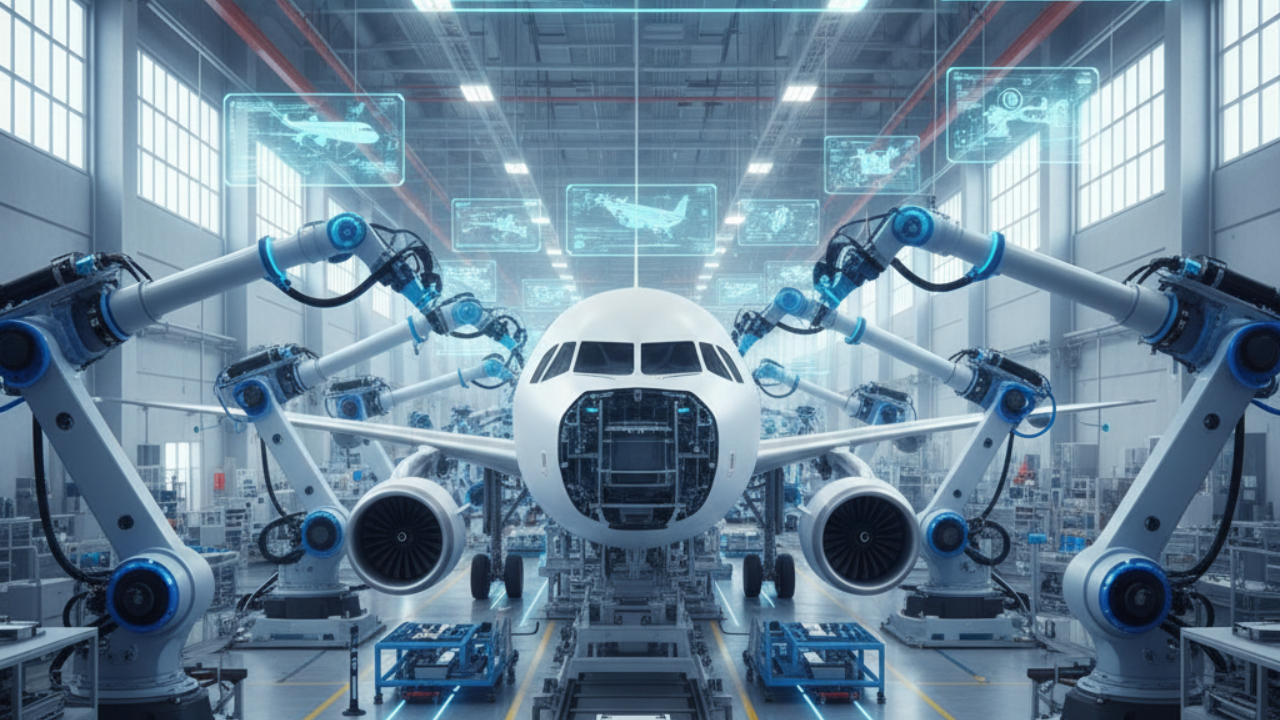
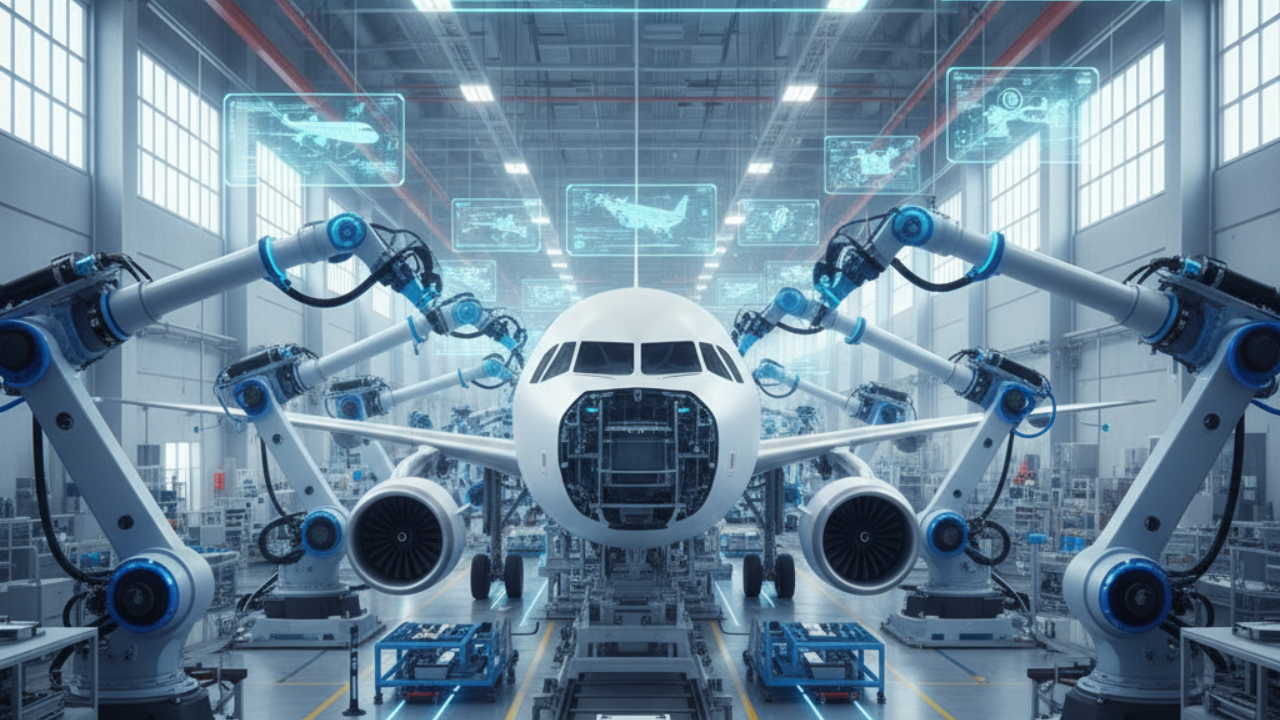
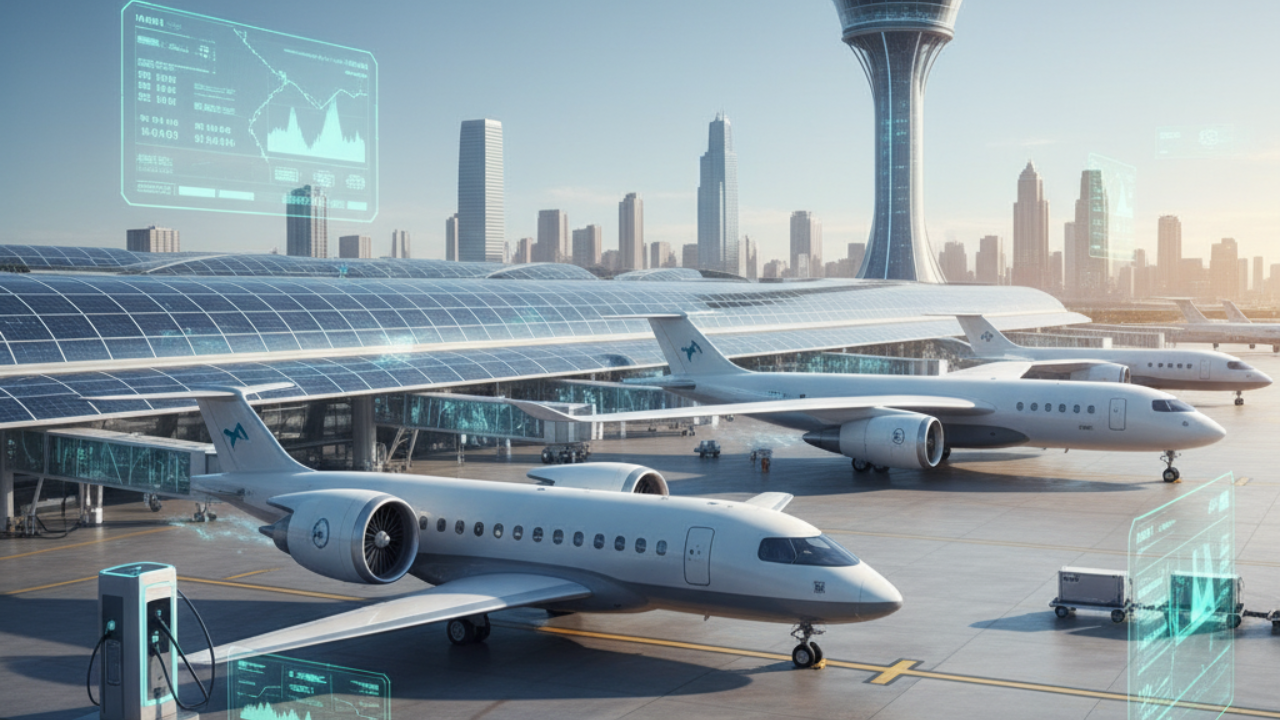
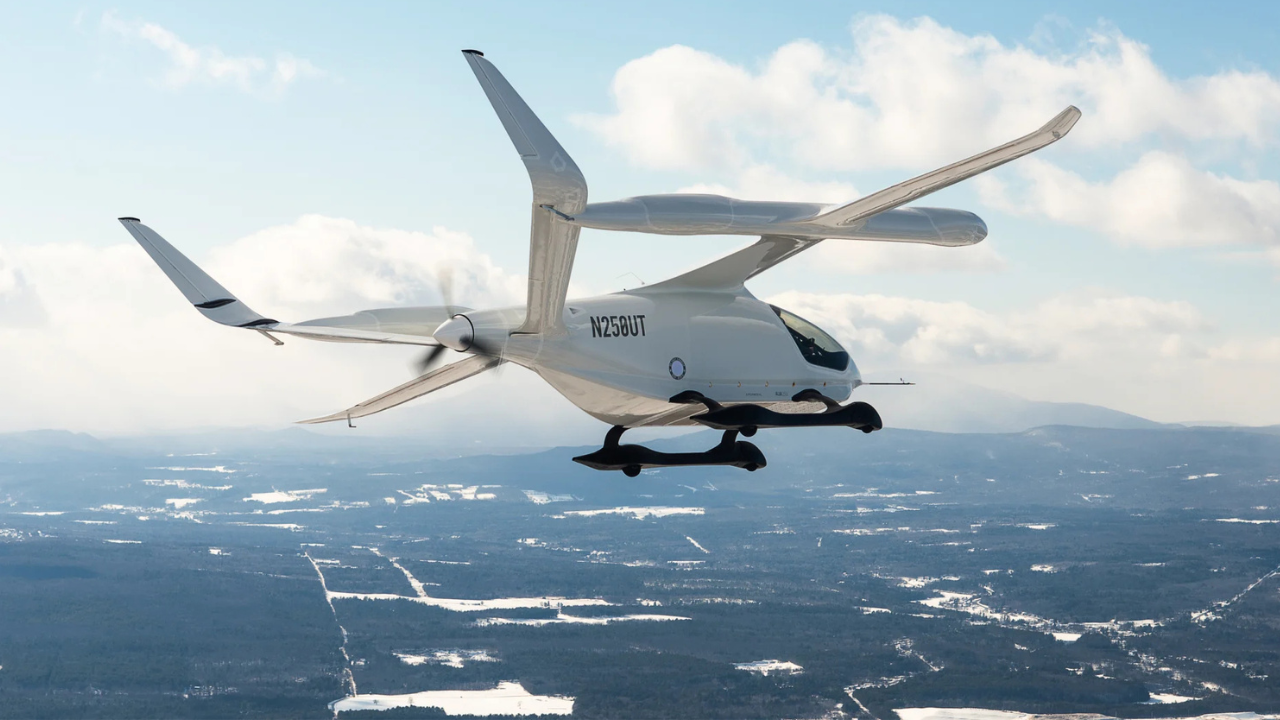






Bengaluru-Mumbai Superfast Train Approved After 30-Year Wait
Railways approves new superfast train connecting Bengaluru and Mumbai, ending a 30-year demand, easi

Canada Post Workers Strike Halts Nationwide Mail and Parcel Services
Canada Post halts operations as CUPW strike disrupts mail and parcel delivery nationwide amid disput

PM Modi Launches BSNL ‘Swadeshi’ 4G Network, 97,500 Towers Built
India enters global telecom league as PM Modi inaugurates BSNL’s indigenous 4G, connecting 26,700 vi
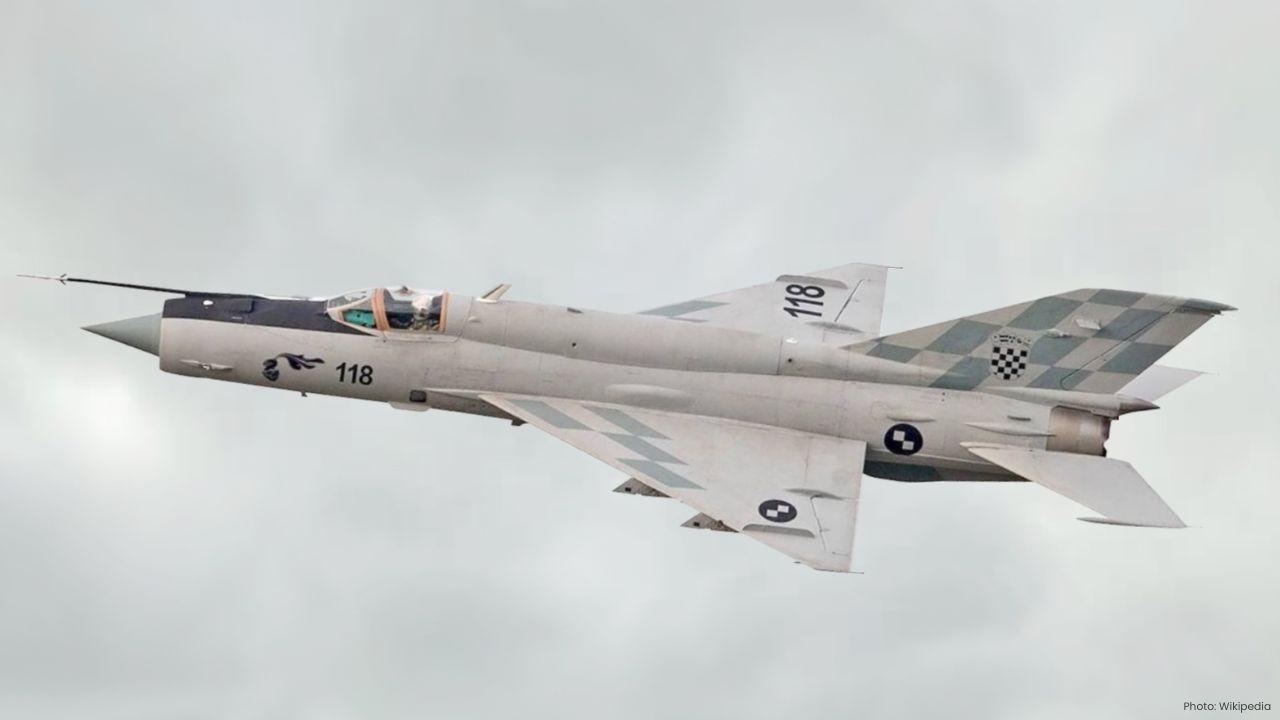
India’s Iconic MiG‑21 Takes Final Flight After Six Decades of Service
After 60 years India retires its MiG‑21 fighter jet, a legendary yet controversial warplane marking

Hindustan Zinc unveils AI hotspot monitoring at Debari smelter
Hindustan Zinc launches AI-powered Switchyard Hotspot Monitoring at Debari smelter to cut outages bo
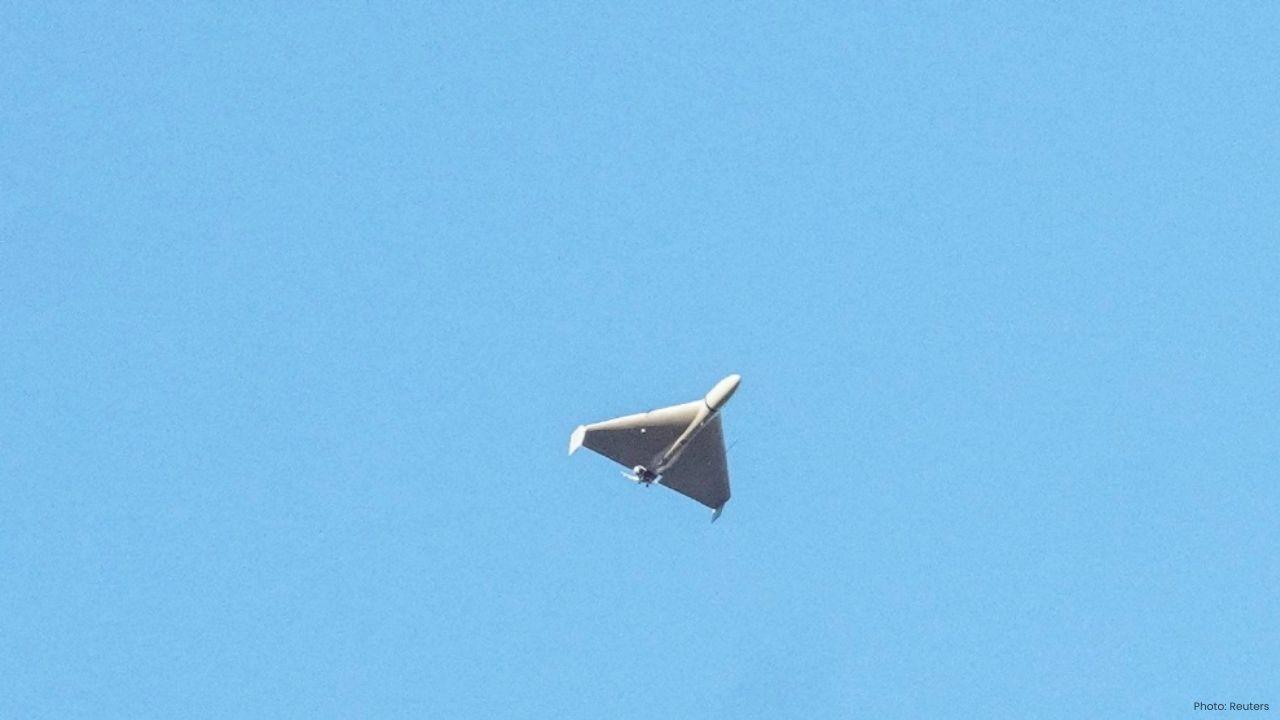
Chinese experts worked inside sanctioned Russian drone plant
Chinese drone specialists visited IEMZ Kupol supplying parts and drones via intermediaries, deepenin